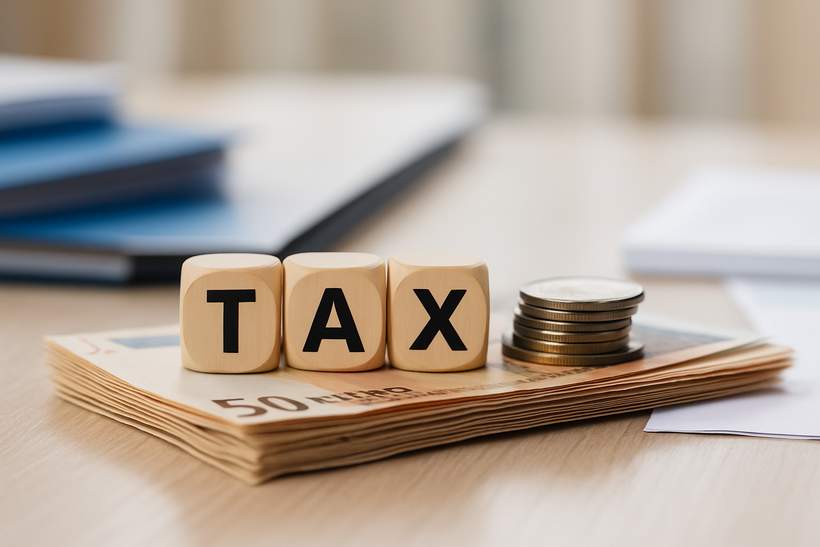Gordon Brown Advocates Increased Gambling Taxes to Combat Child Poverty in the UK

Former Prime Minister Proposes Higher Gambling Taxes to Support Vulnerable Children
Gordon Brown, once the Prime Minister of the United Kingdom, has urged the government to significantly increase taxes on online gambling firms. He believes this measure could help address the rising rates of child poverty throughout the country. His proposal comes amid growing calls within the Labour Party to abolish the two-child benefit cap, a policy that has been widely criticized.
Plan Includes Raising Gambling Taxes to Fund Social Benefits
Brown’s initiative, backed by a recent report from the Institute for Public Policy Research (IPPR), recommends boosting the tax rates on internet casinos and slot machines from the current levels of around 20-21% to 50%. The IPPR estimates such a hike could generate approximately £3.2 billion annually. This revenue could be invested in eliminating both the two-child benefit cap and overall benefit restrictions that currently impact over 1.6 million children nationwide.
The former Labour leader highlighted that the gambling industry is highly profitable yet under-taxed. He pointed out that many online gambling companies pay minimal or no UK corporation taxes and are exempt from VAT, despite making substantial profits and contributing to gambling-related issues.
Having introduced a gambling tax during his tenure as Chancellor in 2001, Brown argues that using these funds to reform child benefit policies is both fair and necessary. Removing these limits has the potential to lift around half a million children out of poverty, providing much-needed relief to families facing economic hardships.
Think Tank Recommends Broader Tax Hikes Amid Rising Social Challenges
The IPPR’s proposals extend beyond online betting, calling for an increase in the general betting tax from 15% to 25%, as well as raising taxes on physical slot machines to the same 50% rate suggested for online gambling. The institute stresses that these measures are not only financially feasible but also justified given the worsening child poverty crisis, which could affect up to five million children by 2029 if unaddressed.
However, representatives from the betting industry, including the Betting and Gaming Council, warn that such tax increases could threaten jobs, reduce long-term government revenue, and drive gamblers to illegal betting markets.
Despite opposition, Brown believes that bold measures are essential at this critical moment. He cites alarming statistics, including widespread child deprivation, increasing homelessness, and more than 2,800 operational food banks across the UK, as evidence that maintaining the status quo is no longer an option.
As the government prepares to unveil its strategy to reduce child poverty later this year, attention will remain on whether policymakers choose to adopt Brown’s suggestion of leveraging the gambling industry’s profits to tackle one of the nation’s most urgent social challenges.